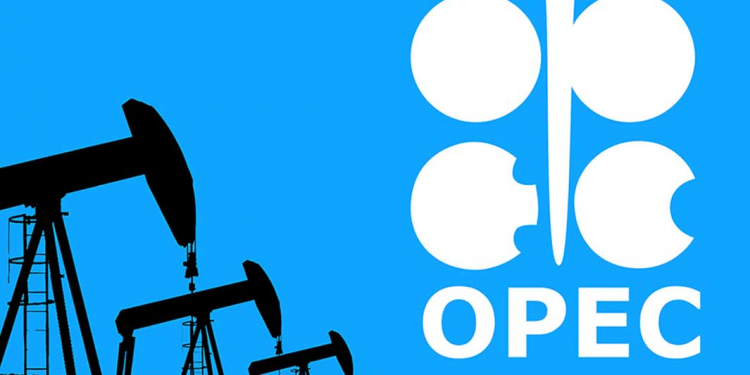The FINANCIAL — With oil prices down more than 20% since the start of the year as the economic impact of the coronavirus saps oil demand. Oil’s losses came even as OPEC agreed to cut crude output by an extra 1.5 million barrels per day (bpd) in the second quarter. Oil traders fear demand for fuel will be severely curtailed if western governments decide to impose further lockdowns on towns and cities affected by outbreaks.
As the spreading Covid-19 epidemic takes its toll on the global economy, OPEC member nations on Thursday agreed to make further steep cuts in oil production — but only if Russia, a nonmember, goes along. Russian President Vladimir Putin said Sunday that his country can deal with oil prices in the $50 range, down from nearly $60 in the past two weeks. The Russian representative to OPEC, Alexander Novak, walked out of a preliminary meeting in Vienna on Wednesday, when the cuts were being discussed. According to Russian press reports, he is expected to return with Moscow’s answer Today, according to The Washington Post.
Oil’s losses came even as OPEC agreed to cut crude output by an extra 1.5 million barrels per day (bpd) in the second quarter, its deepest cut since the 2008 financial crisis. OPEC will propose the new 1.5 million bpd cut be extended until the year end, sources said. Russia has so far indicated that it would back an extension rather than deeper production cuts. “Russia has so far dragged its feet in committing to more cuts,” Capital Economics analysts said in a note. Russia, has in the past been hesitant during talks and then signed up at the last minute, Reuters wrote.
Opec members including Saudi Arabia wanted to bring this week’s Vienna meeting to late February, but Russia would not agree. Russian companies are less keen on cutting output but have gone along with the production deal since 2016 as it has been supported by President Vladimir Putin, who sees an oil-based alliance with Saudi Arabia as a way of increasing his country’s clout in the Middle East. A technical meeting of the top Opec and non-Opec members of the alliance in February recommended reducing production by an additional 600,000 b/d to help balance the market, but that was before the coronavirus had spread far beyond China’s borders. Oil traders fear demand for fuel will be severely curtailed if western governments decide to impose further lockdowns on towns and cities affected by outbreaks. China’s consumption slumped by around a quarter earlier last month at the peak of the country’s quarantines and travel restrictions, The Financial Times reported.
Cartel members told Russia that if it doesn’t join them in cutting production by another 1.5 million barrels a day to offset the economic impact of the coronavirus, then OPEC could abandon its cuts altogether. Hours later they raised the pressure on Moscow again, emerging from an informal meeting at the Saudi delegation’s hotel with a proposal to extend the curbs for even longer. The Kremlin has gained a lot from its cooperation with OPEC. The country has been the biggest financial beneficiary of the cuts, largely because it’s borne a lesser share than Saudi Arabia. The alliance has also significantly enhanced President Vladimir Putin’s presence on the world stage and his political clout in the Middle East. With oil prices down more than 20% since the start of the year as the economic impact of the coronavirus saps oil demand, the risks for the Friday meeting between OPEC and Russia are high. Not just for their alliance, but for the entire energy industry, from Exxon Mobil Corp. to smaller shale drillers in Texas, and oil-rich nations in Africa and Latin America, Yahoo Finance wrote.
Since the outbreak began in China last month, air travel to the country — the world’s second-largest economy — has all but stopped, sapping demand for aviation fuel. Manufacturing output fell sharply as cities with millions of residents locked down to contain the spread of the virus. That has caused chaos for industries around the world, and major companies have halted business travel out of precaution. Analysts like Bjarne Schieldrop, chief commodities analyst at SEB bank, expect Russia to agree to some level of cuts because the outlook is dire, according to U.S. News.
Oil prices are falling again. Read more here.































Discussion about this post